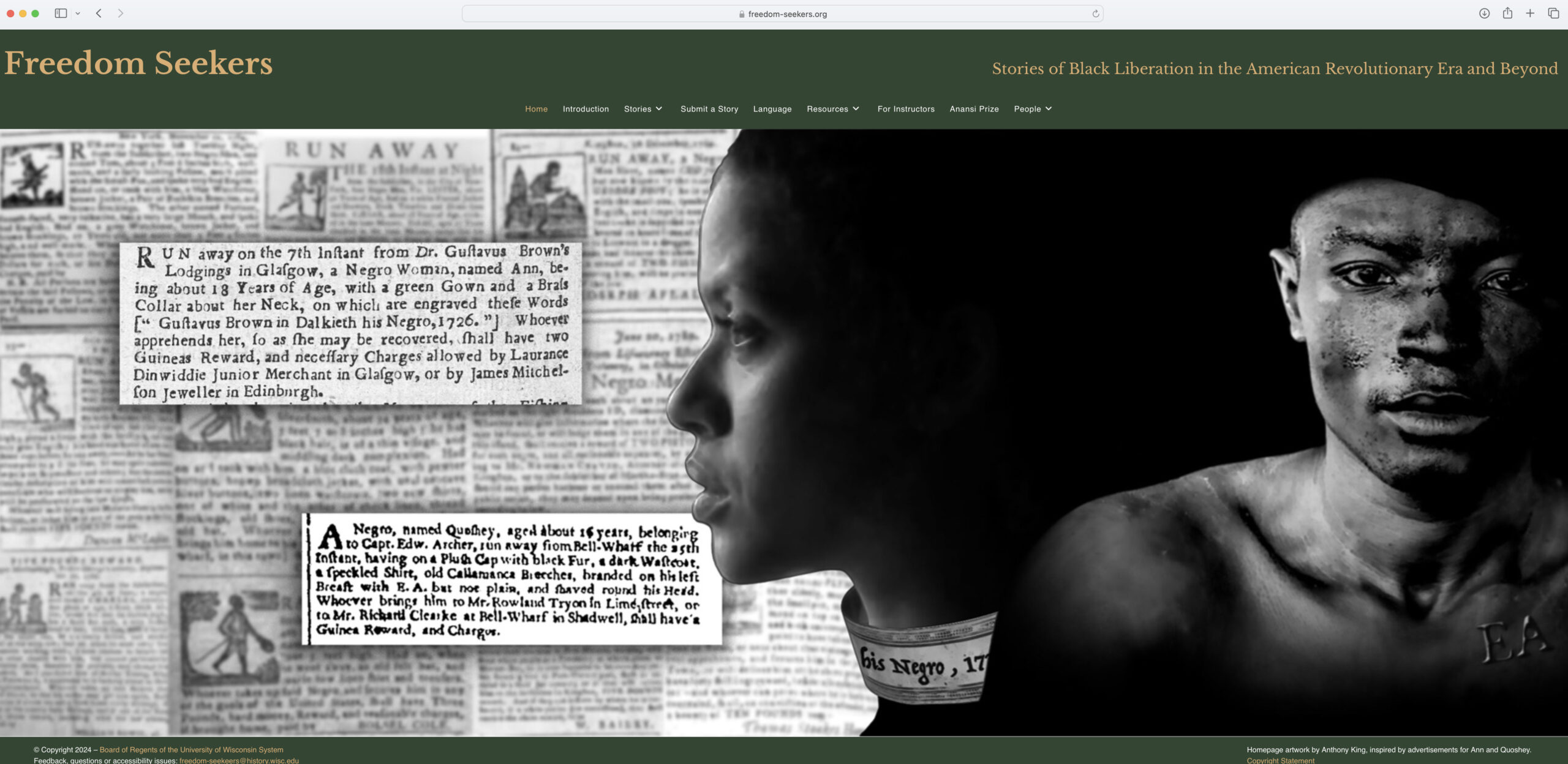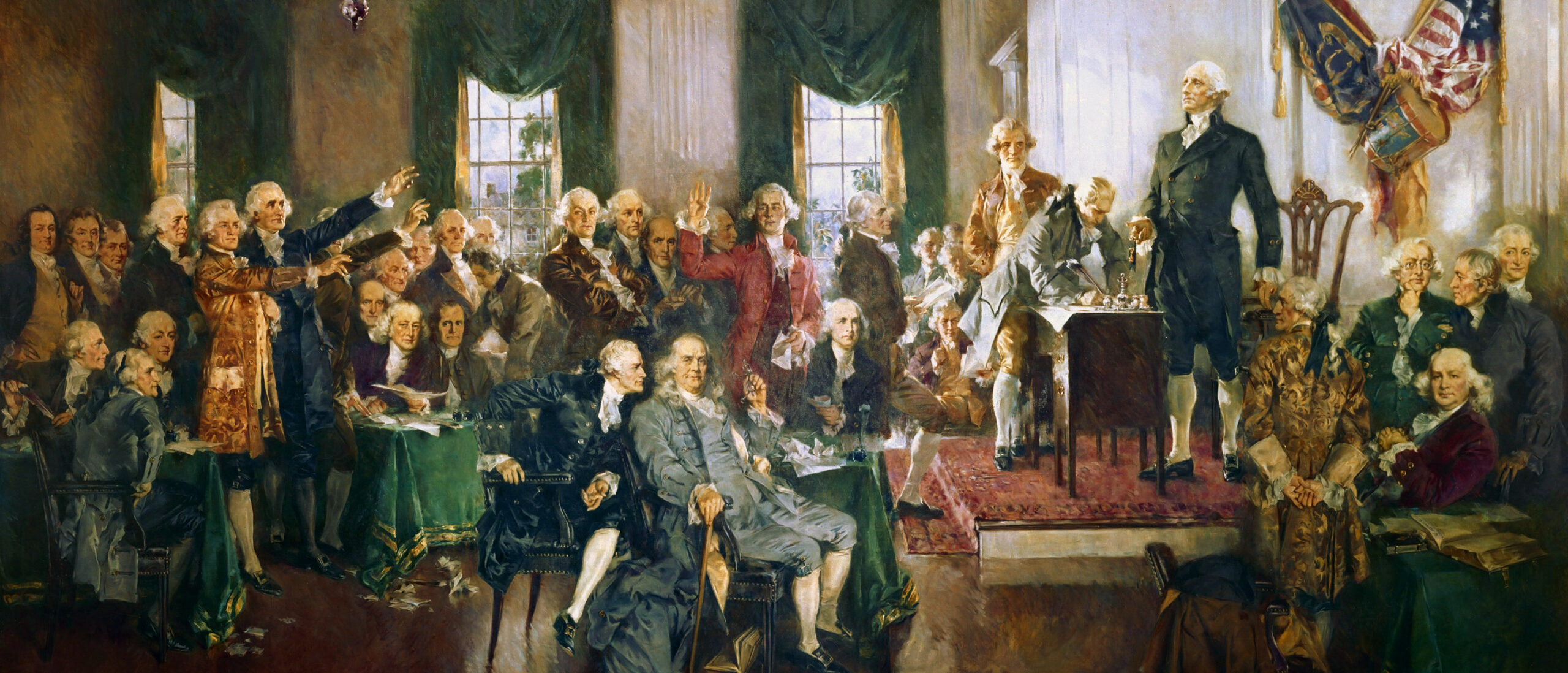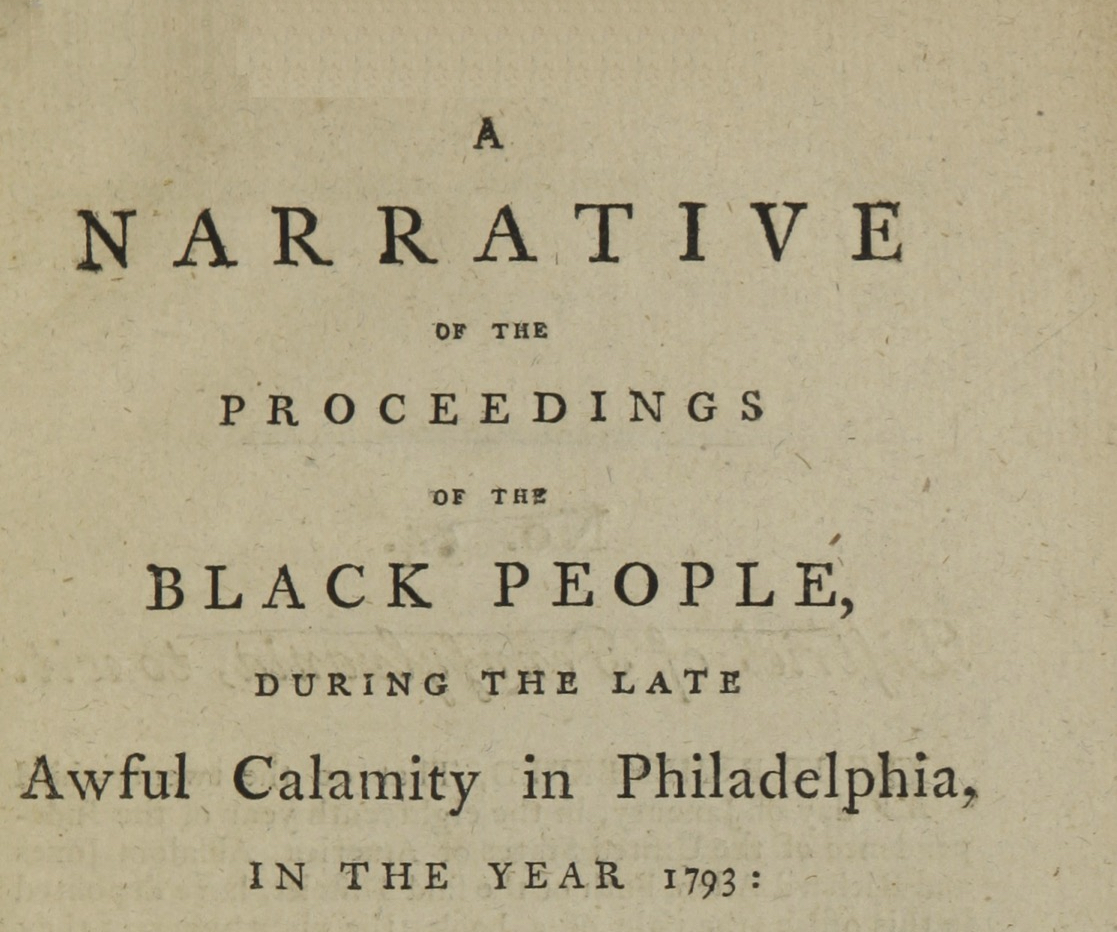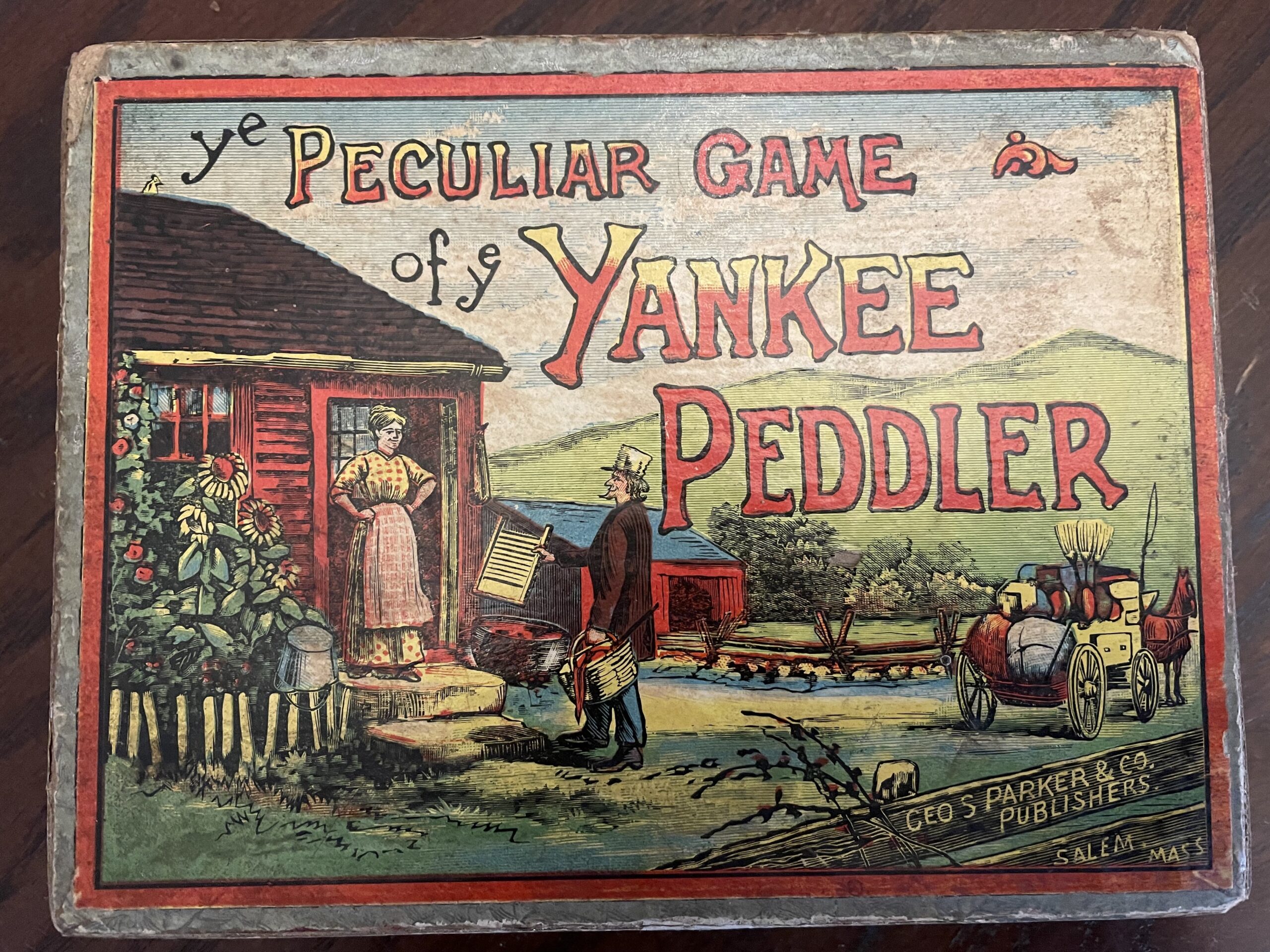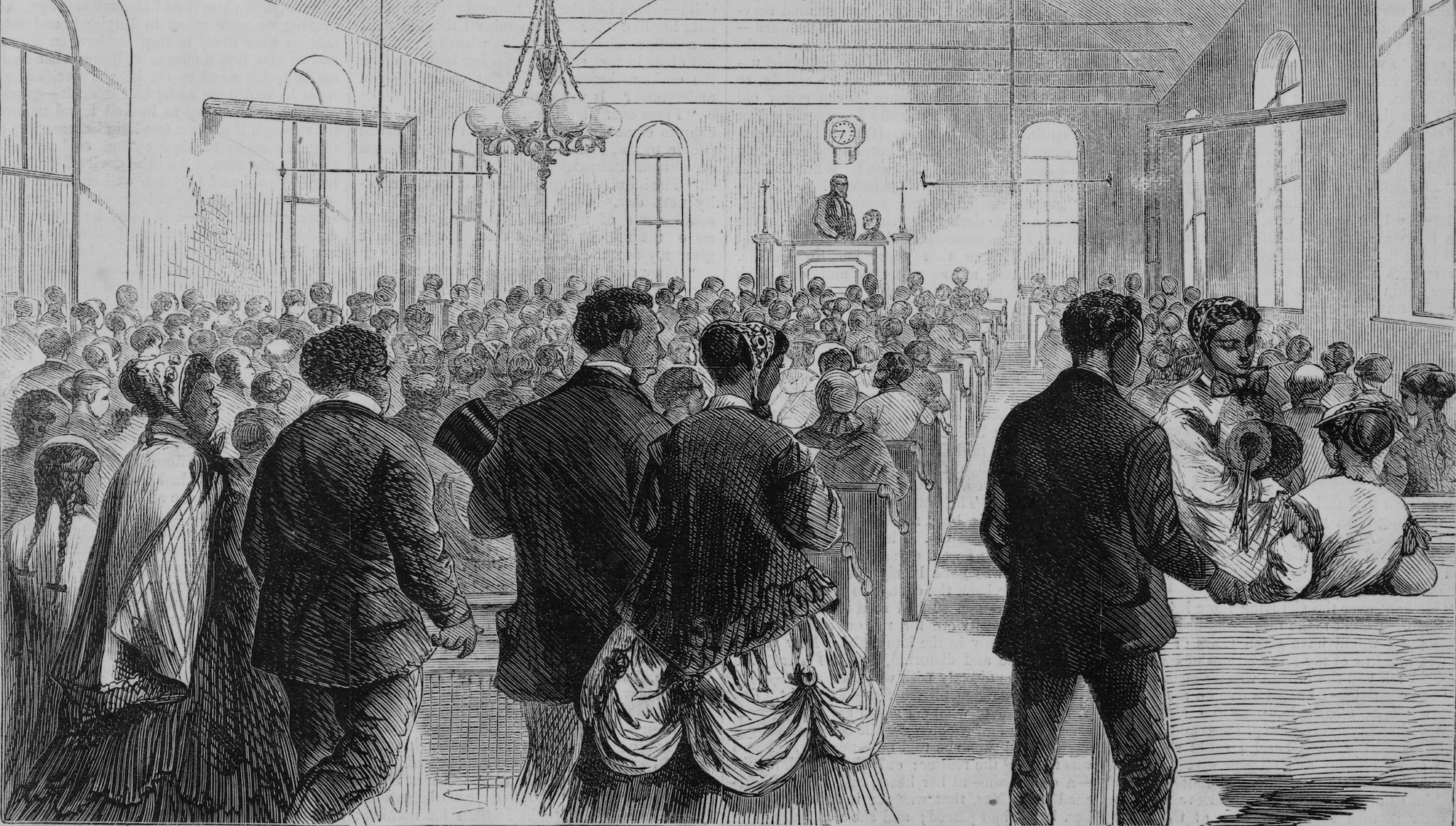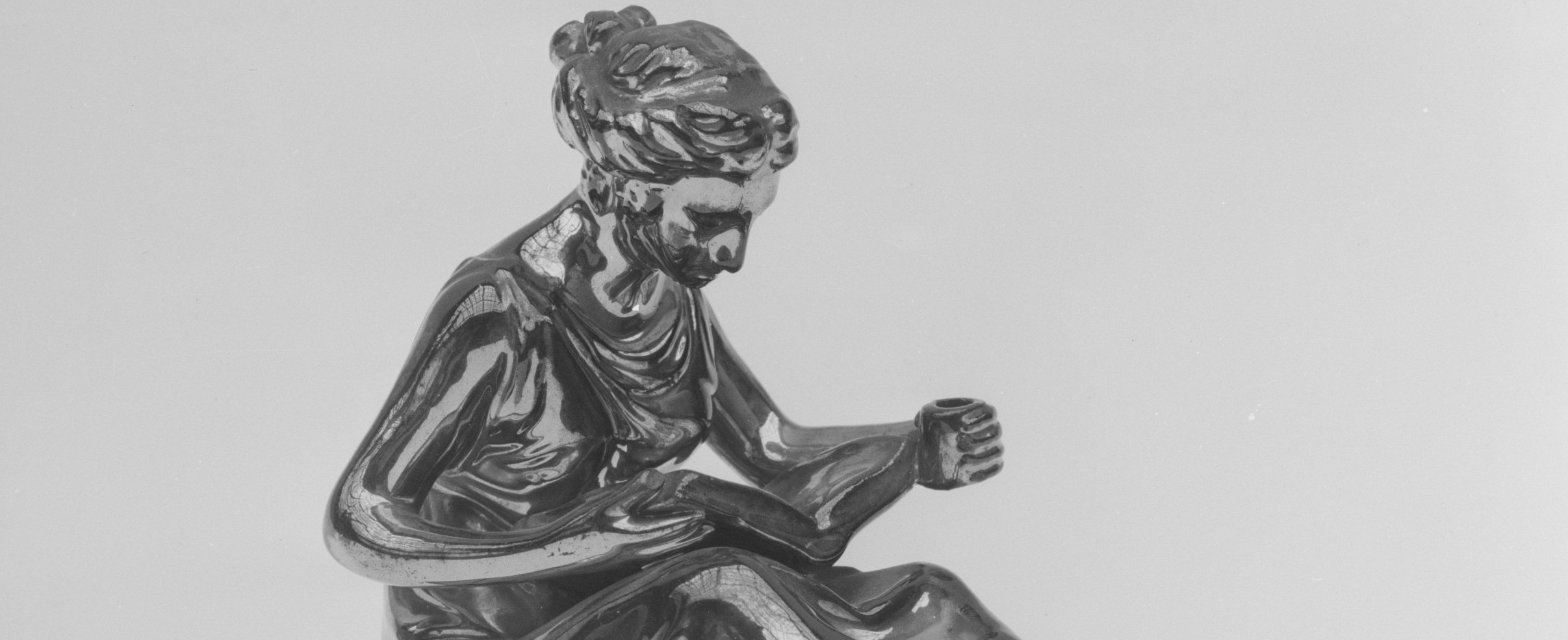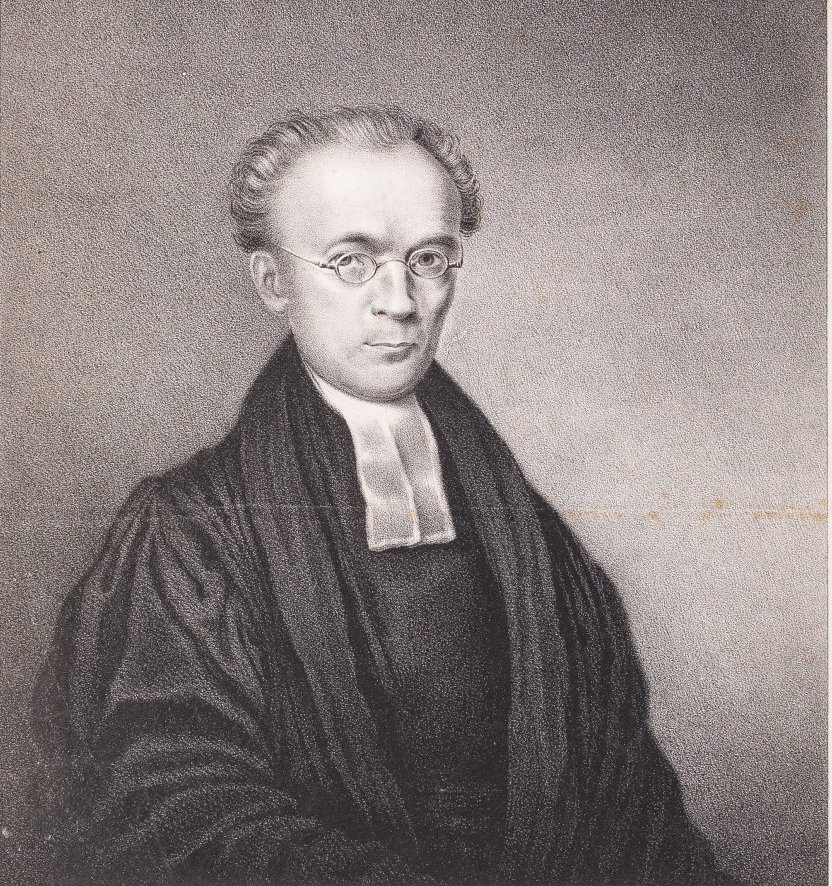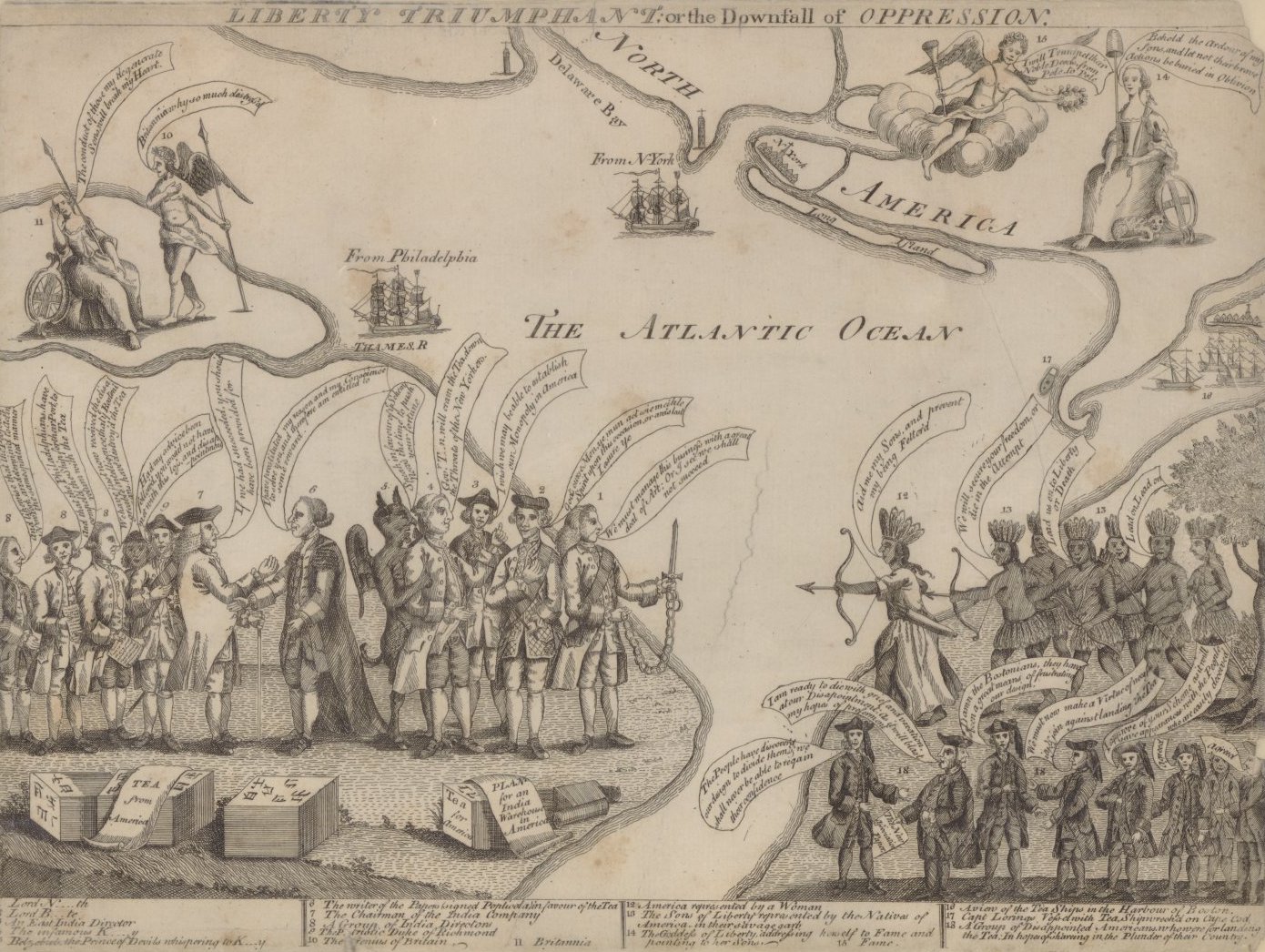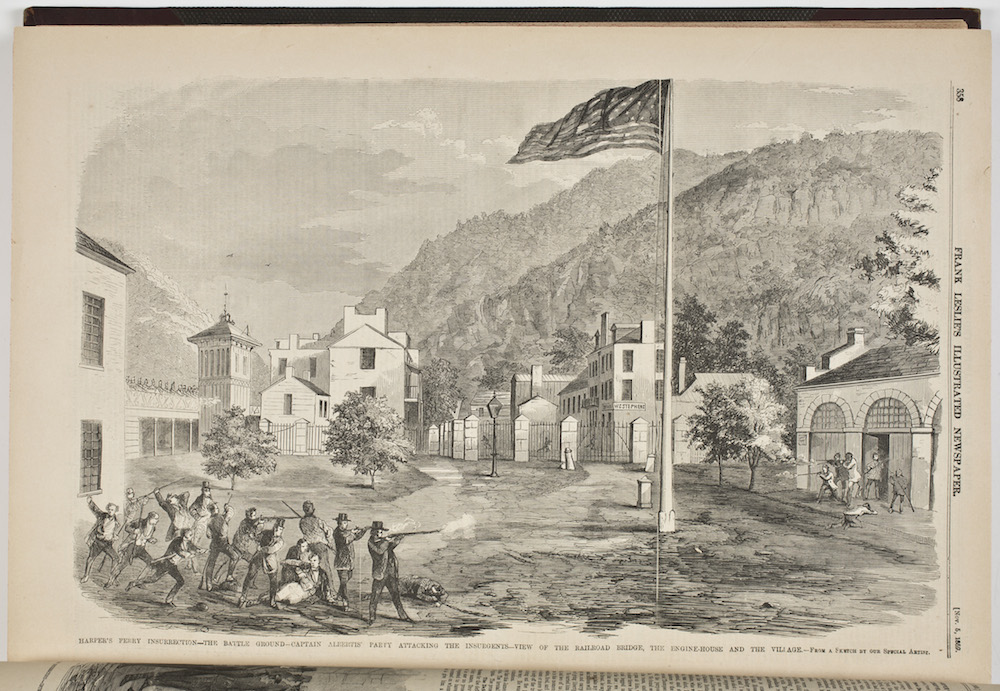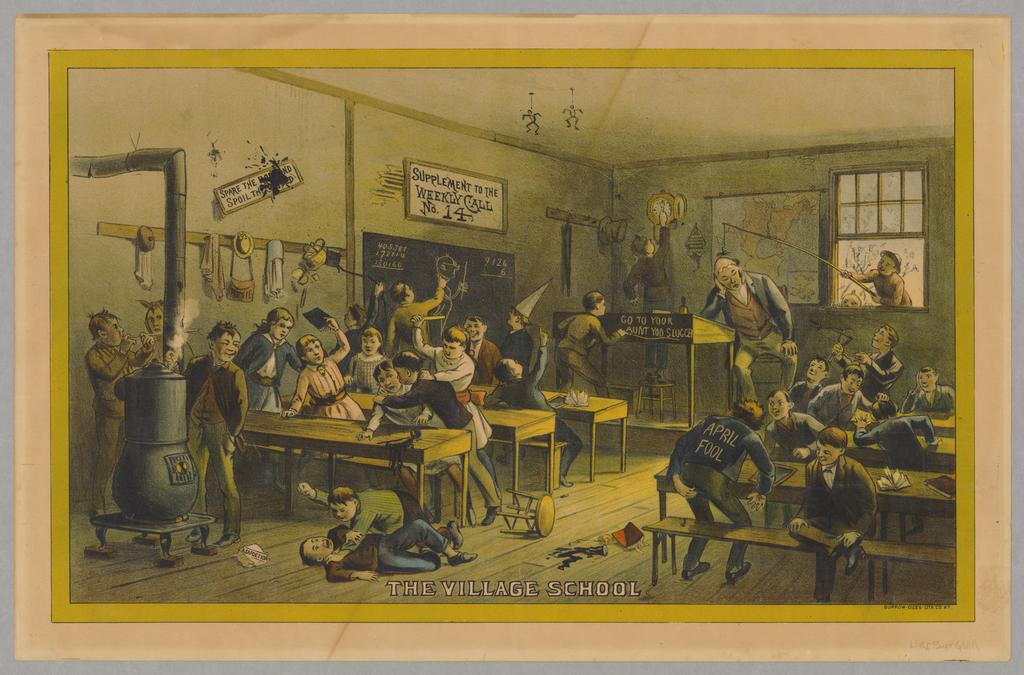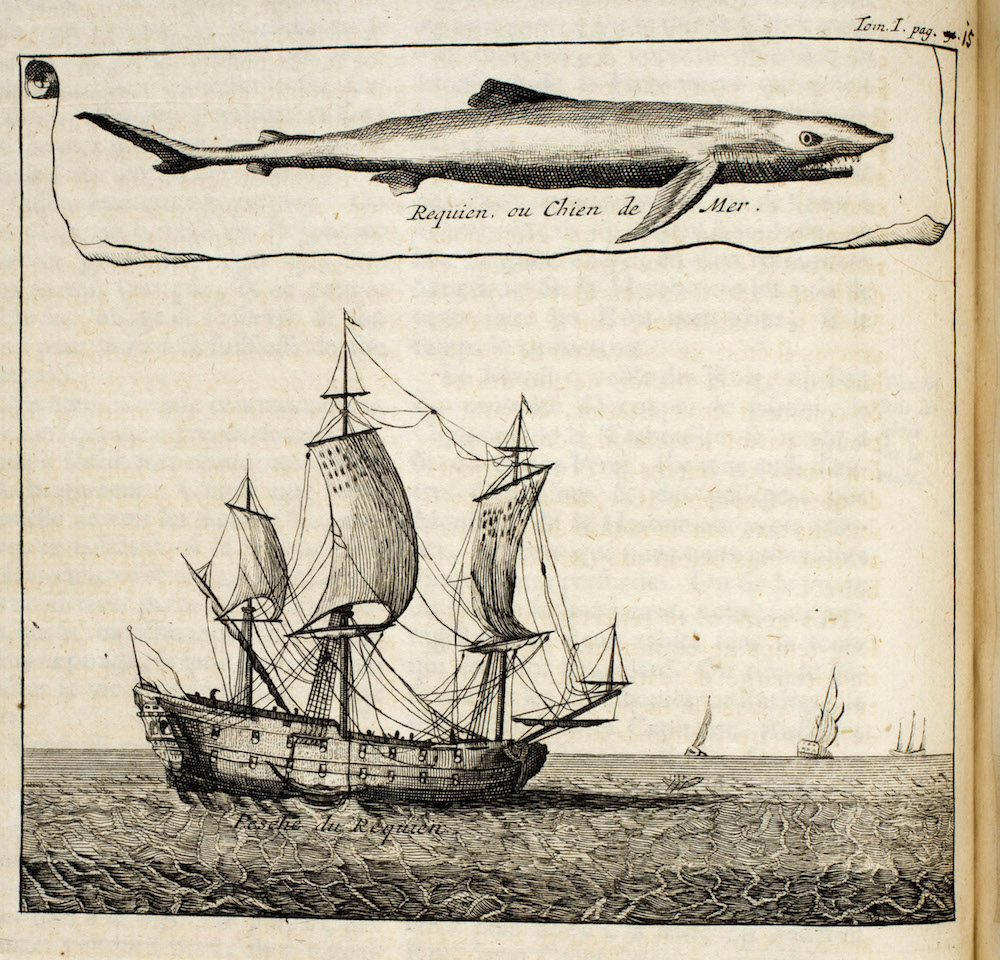According to most accounts, the Haitian Revolution ended on January 1, 1804, with Haiti’s Declaration of Independence. But on January 2, it was not evident that the revolution was over. Haiti’s first leader, Jean-Jacques Dessalines, made sure to highlight that it would never be done—the war with France would be “eternal.” But how did Haiti maintain its independence? My research focuses on the complex layers of recognition that help explain both Haiti’s success in establishing a place in the Atlantic world and the limitations of this success for building an independent and sovereign nation. Haiti’s declared independence posed unprecedented questions about human rights and the interplay of economic, political, and legal priorities that have continued to stymie the international community more than two centuries later.
How did taking an Atlantic perspective help you in seeing Haiti’s relationship with other nations after it declared independence in 1804?
To understand these multi-layered Atlantic world connections, my research has pursued relevant historical evidence in diverse archives across multiple jurisdictions including Haiti, France, England, the United States, Jamaica, Denmark, and the Netherlands. These geographically disparate repositories highlight the constant contact and communication within and between empires, colonies, and countries in the Atlantic world and reveal both the significance and the permeability of the political and legal boundaries of the diverse societies within the region.
This perspective and archival strategy developed as I focused on explaining how Haiti made the transition from revolution to independence in a hostile Atlantic world. Since the Haitian Declaration of Independence did not automatically signal diplomatic recognition or national sovereignty, this status had to be negotiated over decades with other Atlantic empires and nations in order for Haiti to join “the powers of the earth.” These negotiations harkened back to the aftermath of the American Revolution but also included Haiti’s unprecedented rejection of the racialized ideology that underpinned the era. Haiti’s success was uncertain since this was a world in which slaveholding powers dominated the seas and the political landscape, and, unlike in the American and French Revolutions, the slave revolution in Haiti overturned the racial hierarchy of the colonial slave system. The basis of the Atlantic economic system was under attack. This challenge has led scholars to assume that Haiti was isolated after the Declaration of Independence—what historian Thor Burnham has called “the isolationist thesis.” The claim has persisted because of an emphasis on the heightened importance of racial fears and the future of slavery elsewhere in the Atlantic world. Haiti’s identity as a “black republic” (even when it wasn’t a republic) often overshadows all of its other characteristics—agricultural gold mine, pawn in the Napoleonic Wars, victor of a war for independence—that foreign officials and individuals also used in their calculations when they considered how to react to the Haitian Declaration of Independence.
Haiti only secured formal diplomatic recognition slowly between 1825 and 1862. My research, however, revealed that throughout the initial period of official diplomatic non-recognition, various layers of economic, legal, and political connections sustained Haiti’s independence. Governments and individuals extended economic, temporary, and de facto recognition of Haiti’s independence while withholding official diplomatic recognition. By developing these unofficial connections, Haitians established their place in the Atlantic world as members of a sovereign country.
You note that within a few years of declaring independence, Haiti had only Britain available as a legitimate trading partner. In what ways did that shape the approach of Haitian leaders to their development as a sovereign nation?
By 1806, all other nations and empires had outlawed trade with Haiti (trade, however, continued illegally), except the British. Instead, the British formally legalized and regulated trade with Haiti. The lack of options and bargaining power meant that Haitian leaders had to settle for economic recognition without diplomatic recognition. Economic recognition on the part of the British provided badly needed supplies (manufactured goods and military supplies, in particular) and had implications for Haiti’s perceived diplomatic status, especially in the admiralty courts. But while the legitimate and legal trade between the British Empire and Haiti had day-to-day implications for Haiti’s sovereignty, it did not allow state leaders in Haiti to pursue traditional means of diplomatic communication and negotiation with foreign leaders. The result was that Haiti was independent in practice (economically), but not in name. After 1810, American merchants were again allowed to trade with Haiti legally, but the British still played a dominant role in Haiti’s foreign trade.
One theme of Haitian Connections is that previous scholars have focused almost exclusively on race and imperial views about slavery to explain the early relationship between Haiti and other Atlantic nations and empires. Can you explain how you assess the role of race in the dealings that Haiti had with other nations in the Atlantic basin in the years after it declared independence?
Race certainly played an important role in Haiti’s post-revolutionary experiences. But my research revealed that foreign governments and individuals also had to consider a web of other factors in their responses to Haiti’s declared independence. These other considerations included economic concerns, military strategy, political ideology, and safety concerns. Given the emphasis on Haiti’s alleged isolation and exclusion from the diplomatic world of the Age of Revolution, the diversity of reactions that resulted from these mixed priorities appears surprising. The competing interests of individuals and governments at the beginning of the nineteenth century, however, help explain how Haiti was able to sustain its independence in the middle of a world based on slavery and one quickly transitioning to new and more rigid forms of racism. Furthermore, while the actions taken by individuals and governments reveal the competing priorities of empires and nations, the discussion and language that these people used to debate the proper course of action with respect to Haiti reveal that race remained central to their decision-making processes. Political leaders grappled with how to reconcile the theories espoused by the Age of Revolution with existing socio-racial hierarchies. In doing so, they found ways to profit from the post-colonial state while rejecting a universal application of their own conceptions of liberty and equality.
Haitian Connections focuses primarily on the foreign relations and diplomacy of Haiti as part of the Atlantic world. In what ways did the trade negotiations and other diplomatic endeavors that you discuss influence politics and society within Haiti?
Following Haiti’s Declaration of Independence, the state attempted to maintain control over the laboring population in order to revive the plantation economy. Extending Toussaint Louverture’s system of plantation labor using cultivateurs (formerly enslaved people tied to plantation land and paid a small portion of the crops that they produced), Jean-Jacques Dessalines, Alexandre Pétion, and Henry Christophe all tried to recreate Saint-Domingue’s sugar-based export economy. Foreign governments and merchants also promoted this vision of limited “freedom” after the Haitian Revolution since it was in their own economic interest. Freedom at the state level, therefore, was primarily based on the legal abolition of slavery and national sovereignty. This was in contrast to the definition of freedom as conceived by the majority of the population, which had much more to do with control of one’s time and access to land.
For foreign audiences, the state’s version of freedom signaled the limits of Haiti’s radical revolutionary program. While the cultivateurs were legally free, the state attempted to implement limits on their time and mobility. These early Haitian leaders were mostly unsuccessful in this goal. Instead of a plantation economy, the majority of Haitian citizens sought to retreat from plantation life in order to create community-based sustainable farms. The drastically different interpretations of “freedom” in independent Haiti created a divide between the state and the majority of the population—Michel-Rolph Trouillot studied this in detail in Haiti: State Against Nation.
So what we see are the competing interests of foreign merchants and governments, the Haitian government, and the Haitian people. These conflicting interests meant that Haiti began its history as a divided country, not just in terms of the civil war between 1807-1820, but also in terms of the long-term goals of the state and the population—conflicts that would continue and would have consequences well into the twentieth century and even into the twenty-first century.
In 2010, you made national news when you found the only known printed copy of the Haitian Declaration of Independence in the U.K. National Archives. How did that experience shape your research and writing about Haiti’s history?
Talking with people outside of academia about my research highlighted the strong desire from a public audience for more information about Haiti’s complex history. Media portrayals of Haiti’s history often emphasize a story of decline, concluding that Haiti was doomed from day one. While disavowing Pat Robertson’s famous claim that Haitian leaders made a pact with the devil, these narratives still maintain an oversimplified explanation of Haitian history. Providing the opportunity for non-academics to read Haiti’s founding document, and giving them some context for this important document, highlighted “Why Haiti Needs New Narratives,” as Gina Athena Ulysse puts it.
It was also interesting to see how non-academics reacted to the content and language of the document. Jean-Jacques Dessalines articulated a powerful argument for self-government and human equality—and the lengths to which Haitians were willing to fight for these results, “liberté ou la mort.” I think a lot of the surprise felt by twenty-first-century readers stemmed from the constant contemporary depictions of Haiti as a place vulnerable to natural disaster and political upheaval. At the same time, however, I think there was an aspect of surprise caused by Haiti’s exclusion from narratives of the Age of Revolution and the Enlightenment. More and more, scholars are highlighting the ideological and political contributions made by the Haitian revolutionaries, but this new research has not yet become a central part of popular narratives of the transition to modern history and is rarely connected to debates about our own histories of freedom and equality.
How did the discovery of the printed Declaration change our perspective on the Haitian Revolution?
I think it allowed an international and particularly an American audience to see the similarities between their own histories and that of Haiti. The Declaration justifies the war for independence and makes a strong case for self-governance based on freedom and equality. I think it’s particularly useful in the classroom in order to help students see their own history as integrally connected to and intertwined with Haiti’s history (in addition to other places throughout the Americas). In reporting on my discovery, Rachel Maddow crossed her index and middle fingers and said, “Us and Haiti, we’re like this, we always have been.” By using the Declaration of Independence as a jumping-off point, we can help our students understand the history of the United States beyond the geographical borders that now make up the country—in a lot of ways Haiti’s history is America’s history.
Further reading
Gina Athena Ulysse, Why Haiti Needs New Narratives: A Post-Quake Chronicle, translated by Nadève Ménard and Évelyne Trouillot (Middletown, Conn., 2015); Michel-Rolph Trouillot, Haiti, State Against Nation: The Origins & Legacy of Duvalierism (New York, 2000).
This article originally appeared in issue 17.2 (Winter, 2017).
Julia Gaffield is assistant professor of history at Georgia State University. In addition to Haitian Connections in the Atlantic World she is the editor of The Haitian Declaration of Independence: Creation, Context, and Legacy (2016).








